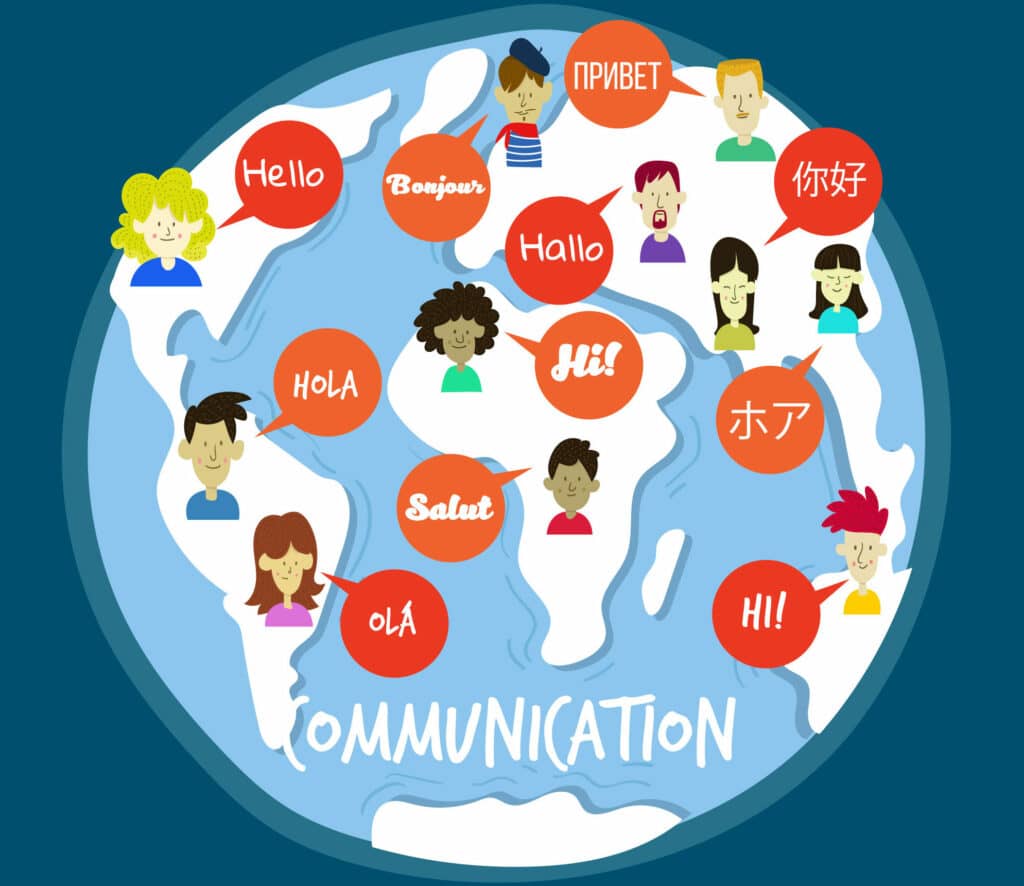7 Ways to Quickly Learn a Foreign Language – Learning a foreign language might seem like a long and daunting process, but with the right strategies, you can speed up the journey significantly. Whether you’re preparing for travel, career opportunities, or just want to challenge yourself, these seven practical tips can help you learn a new language faster and more efficiently.
1. Immerse Yourself Daily
The fastest way to learn a language is to surround yourself with it. Change your phone’s language settings, listen to music or podcasts in the target language, and watch movies or shows with subtitles. Daily exposure trains your brain to recognize patterns and understand context, helping you absorb vocabulary and grammar naturally.
2. Use Language Learning Apps
Apps like Duolingo, Babbel, Memrise, and Rosetta Stone offer structured lessons that you can do anywhere, anytime. Many of these tools use spaced repetition systems (SRS) to help you retain vocabulary more effectively. Aim for at least 15–30 minutes of daily practice to keep the momentum going.
3. Practice Speaking Early
Many learners delay speaking out of fear of making mistakes. Don’t! Speaking early and often—even if you’re not perfect—builds confidence and improves pronunciation. Use language exchange platforms like Tandem or HelloTalk to practice with native speakers, or find a tutor on sites like italki.
4. Learn the Most Common Words First
Not all vocabulary is created equal. Focus on the most commonly used words and phrases in everyday conversation. Learning the top 1,000–2,000 words can cover a large portion of daily language use and give you the confidence to begin speaking and understanding quickly.
5. Think in the Target Language
One effective mental exercise is to think in the language you’re learning. Try narrating your day, labeling objects around you, or forming simple sentences in your head. This helps bridge the gap between passive understanding and active use.
6. Use Flashcards with Spaced Repetition
Digital flashcards like Anki or Quizlet are excellent tools for memorization. Spaced repetition helps you review vocabulary just before you’re likely to forget it, improving long-term retention. Make flashcards for new words, phrases, or even grammar rules.
7. Set Realistic, Measurable Goals
Instead of vague aims like “learn Spanish,” set clear goals like “hold a five-minute conversation in Spanish in one month” or “learn 100 new words this week.” Breaking your learning into small, achievable milestones keeps you motivated and focused.
Final Thoughts
Speedy language learning is less about natural talent and more about consistency, smart strategies, and regular practice. By integrating the language into your daily life and staying committed, fluency is more attainable than you might think. Start today, and you’ll be surprised at how quickly you progress.
FAQ: 7 Ways to Quickly Learn a Foreign Language
Learning a new language can seem like a daunting task, but with the right strategies, you can accelerate your progress and achieve fluency faster than you might think. Here are answers to common questions about quickly learning a foreign language.
1. How long does it take to learn a foreign language?
It depends on the language and your learning intensity. With daily practice and immersion, you can reach conversational fluency in 3–6 months for many commonly learned languages (like Spanish or French). More complex languages (like Chinese or Arabic) may take longer.
2. What’s the best app for language learning?
It depends on your goals. Duolingo is great for beginners, Anki is excellent for vocabulary with spaced repetition, and italki is ideal for one-on-one speaking practice. Try a few and see what fits your style best.
3. Can I learn a language without traveling?
Yes! Immersion is about consistent exposure, not location. You can create a language-rich environment at home with media, online conversations, books, and apps.
4. How important is grammar when starting?
Grammar is important, but don’t let it slow you down. Focus first on communication—learning common phrases and sentence structures—then build your grammar understanding as you go.
5. Should I focus on speaking or writing first?
Speaking usually offers faster practical results, especially for travelers or conversational learners. Writing can be built over time, but early speaking practice helps with confidence and pronunciation.
6. How do I stay motivated to keep learning every day?
A: Set short-term goals, track your progress, reward yourself, and make learning fun—watch shows, listen to songs, or join language challenges. Accountability through tutors or language exchange partners also helps.
7. Is it okay to mix English when speaking the new language?
Yes, especially early on. Mixing in English (called “code-switching”) is normal and part of the learning process. Over time, aim to reduce it as your vocabulary grows.
